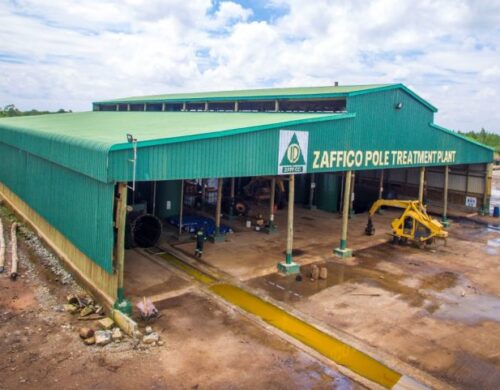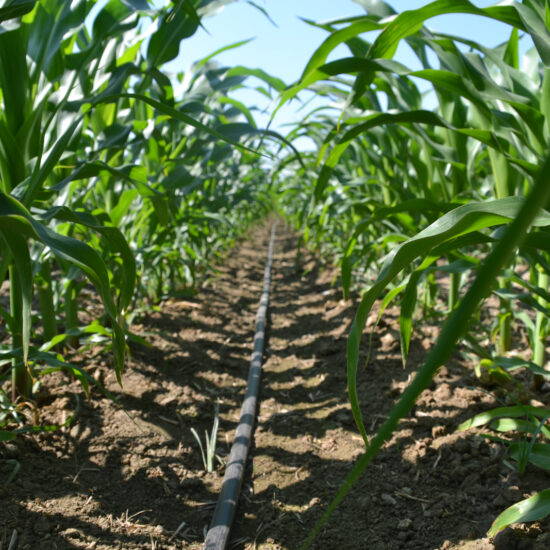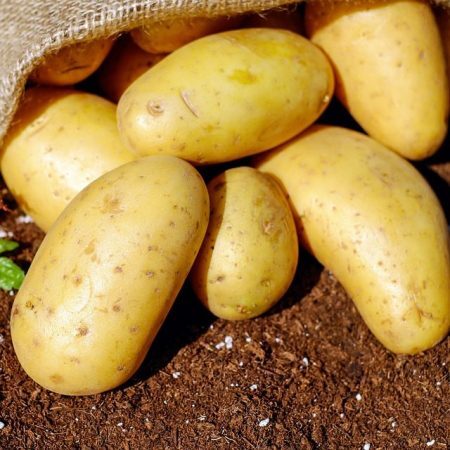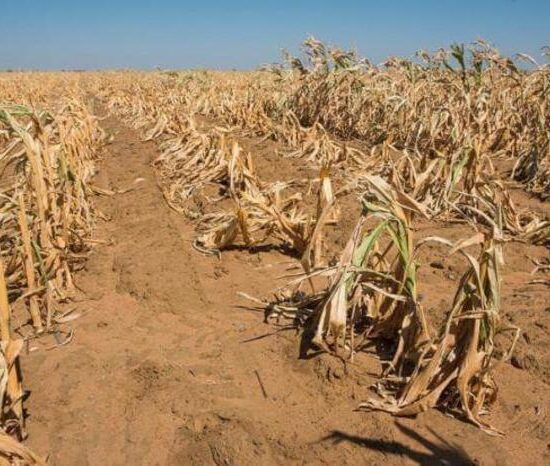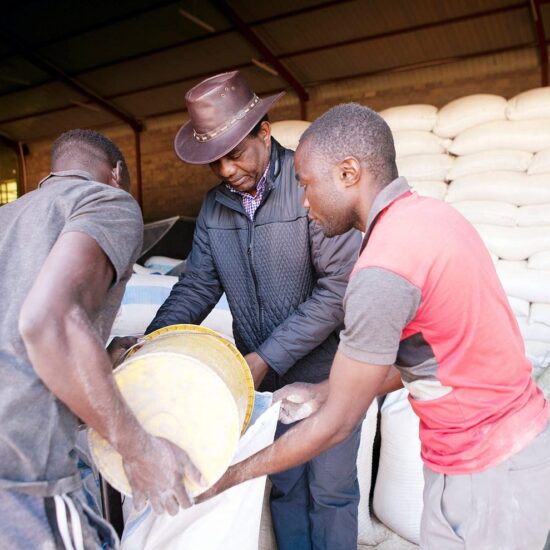
One of Zambia’s leading diary farms – Apollo Agricultural Holdings Ltd says it has plans of increasing the number of dairy animals in 2022 in order to increase milk production adding that Apollo has a successful breeding programme, with over 90% pregnancies in heifers, 80% in lactating animals, and mortalities of less than 1% in heifer calves.
Company Director Johannes Steyn said that these are all very positive indicators for Apollo’s herd growth, which is projected to be 15% per annum, noting that the company’s strategy to reduce the cost of production of every litre of high-quality milk is supported by its pasture-based model.
In an exclusive interview with the Zambian Business Times – ZBT, Steyn said Apollo has adopted a pasture-based dairying model, which is in harmony with maximizing the benefits of the environmental and developmental characteristics of Chingola
Steyn explained that being in a reliable rainfall area, having availability of titled land, access to undulating land that permits (even invites) the building of conservation dams to save rainwater to be used for irrigation during the dry season.
He added that importantly, having access to strong existing infrastructure originally provided by the mines, dairy farming can make a contribution to sustaining some of the extensive assets that may otherwise go to waste as copper resources in Chingola dwindle.
“Our AI breeding policy prioritises use of imported semen from bulls with a proven track-record of producing offspring with enhanced fertility, longevity, and butterfat characteristics. Another consideration which is important for us is the hybrid vigour of cross-bred dairy animals”, he said.
“Apollo is currently formulating applications for approval of long-term development programmes with the object of continuing to grow its pasture-based dairying operations. Hopefully, others will see the advantages of pasture-based dairying on the Copperbelt and emulate what we are doing”.
“If Copperbelt dairy farming can collectively develop to the stage where a milk processing business can be justified and established locally, they will be able to serve the Copperbelt, and ultimately the DR Congo, whose market presents a golden opportunity for surplus production”, he said.
Steyn noted that Apollo’s budget is to produce in excess of 24,000 litres of milk daily at peak this year adding that Apollo’s maximum production is achieved in the dry season when irrigating and this peak production coincides with the slump of dairy farmers production who do not irrigate and are feed challenged by lack of suitable grazing. In this way a contribution is made to balancing the supply of milk into the market.
He however said the dairy industry as a whole would benefit from a reduction in the costly burden imposed on it by bureaucracy noting that eliminating, streamlining, simplifying and expediting approval of essential inputs would enhance the growth and reduce the cost of production in the industry.
Steyn added that further levelling of the playing field by increasing protection of the local dairy industry from unfair competition by international competitors, who are not burdened by the same restrictions, would be beneficial. He said some of the challenges the sector is facing include the escalating cost and availability of essential inputs.
“We greatly fear that the net overall impact of the ongoing covid pandemic and recent geopolitical upheavals will force an escalation in the price and availability of energy and agricultural products / inputs which in turn will impact on inflation throughout our economy. All cost aspects in the production of essential commodities (milk, medicaments, and fertiliser included) will be adversely affected. Farmers will be economically challenged to produce food and milk at affordable prices and in the quantities normally attained”, he said.
Steyn said the indications are that the dairy sector is emerging from an environment that has been conducive to growth and sustainability but the recent geopolitical changes are causing significant challenges on various fronts that if not managed will lead to a reversal of the gains made.
He said government has the enormous task of balancing various interests as they strive to improve the conditions for Zambians as a whole noting that interests of some parties will inevitably conflict with those in the dairy industry.
